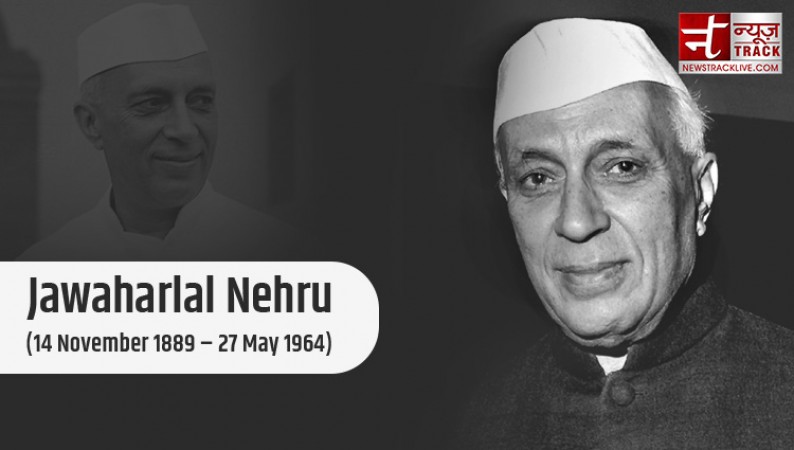
Jawaharlal Nehru, the first Prime Minister of India, was a visionary leader and a key figure in the country's struggle for independence. He played a crucial role in shaping the nation's destiny and laying the foundation for a democratic and secular India. On May 27, we observe the death anniversary of this great statesman, reflecting on his contributions, ideals, and lasting legacy. This article pays tribute to Jawaharlal Nehru and highlights his remarkable journey and achievements.
Jawaharlal Nehru was born on November 14, 1889, in Allahabad, Uttar Pradesh, into a prominent political family. His father, Motilal Nehru, was a leading lawyer and a committed nationalist. Nehru received his education in England, attending Harrow School and later Trinity College, Cambridge. His exposure to Western education and ideologies significantly influenced his worldview and ignited his passion for India's independence.
Nehru's political career began when he joined the Indian National Congress, the premier political organization leading the struggle against British rule. He quickly emerged as a charismatic and influential leader, advocating for complete independence from colonial rule. Nehru's eloquence, intellect, and commitment to the cause earned him the admiration and trust of the Indian masses.
As a close associate of Mahatma Gandhi, Nehru actively participated in various nonviolent campaigns, including the Civil Disobedience Movement and the Quit India Movement. He spent several years in British prisons for his involvement in these movements. Nehru's unwavering dedication to the freedom struggle made him a symbol of hope and resilience for the Indian people.
Jawaharlal Nehru, the First Prime Minister of India: India achieved independence on August 15, 1947, and Nehru became the country's first Prime Minister. He faced numerous challenges, including the task of nation-building, addressing social and economic inequalities, and establishing a democratic framework. Nehru's leadership was instrumental in guiding India through its formative years as a sovereign nation.
Nehru's Policies and Vision: Jawaharlal Nehru's policies were guided by his vision of a modern, progressive, and secular India. He championed the principles of socialism, secularism, and non-alignment on the global stage. Nehru focused on industrialization, initiating the process of planned economic development through the establishment of large-scale public sector industries and institutions. His vision of a self-reliant and industrialized India laid the foundation for the country's subsequent economic growth.
Nehru was also a strong advocate for education and aimed to eradicate illiteracy by promoting universal access to schooling. His commitment to scientific temper and technological advancement led to the establishment of premier educational and research institutions such as the Indian Institutes of Technology (IITs) and the Indian Institutes of Management (IIMs).
Jawaharlal Nehru's legacy is profound and enduring. His leadership, progressive policies, and inclusive approach continue to shape India's democratic fabric. He played a pivotal role in strengthening India's institutions, promoting social justice, and fostering unity in diversity. Nehru's vision of a pluralistic and secular India, where every citizen has equal rights and opportunities, remains a guiding principle for the nation.
On the occasion of Jawaharlal Nehru's death anniversary, we remember and honor the remarkable contributions of this visionary leader. Nehru's indomitable spirit, intellect, and dedication to the welfare of the Indian people continue to inspire generations. His belief in democracy, secularism, and social justice laid the foundation for a modern India that cherishes its diversity and aspires to be a global force.